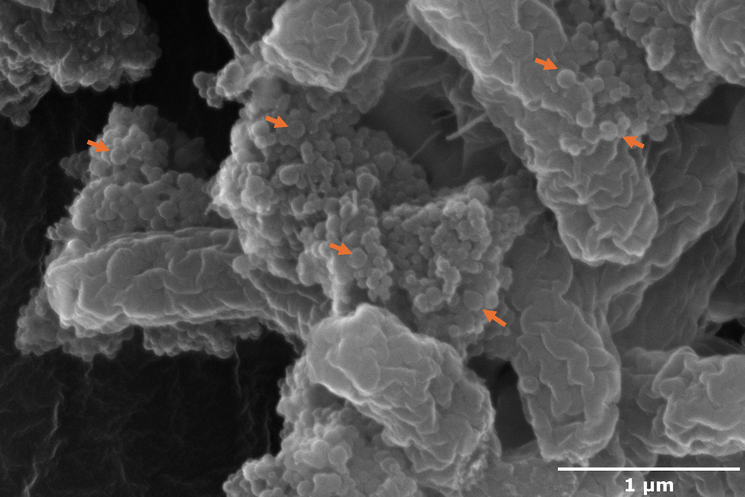2025-05-19 イリノイ大学アーバナ・シャンペーン校
<関連情報>
- https://aces.illinois.edu/news/eating-craved-foods-meals-lessens-cravings-boosts-weight-loss
- https://news.illinois.edu/eating-craved-foods-with-meals-lessens-cravings-boosts-weight-loss/?utm_source=ilhomepage&utm_medium=web
- https://www.sciencedirect.com/science/article/pii/S0031938425000150
食欲の減退は24ヵ月間の体重減少および体重維持と相関する Reduced food cravings correlated with a 24-month period of weight loss and weight maintenance
Nouf W. Alfouzan, Manabu T. Nakamura
Physiology & Behavior Available onlin:e 16 January 2025
DOI:https://doi.org/10.1016/j.physbeh.2025.114813

Highlights
- Changes in food craving were tracked during 1-year weight loss followed by 1-year weight maintenance.
- Food craving declined during weight loss and stayed low during weight maintenance.
- The magnitude of decreased food craving was proportional to the magnitude of lost weight.
- The result indicates that weight loss per se, not negative energy balance during a weight loss period, is the cause of reduced food craving.
Abstract
Food cravings increase calorie-dense food intake, contributing to weight gain. Although reductions in food cravings are frequently reported during weight loss, it remains unclear whether these changes are sustained during weight maintenance. The study objective was to investigate associations between food cravings and weight changes in a 12-month weight loss trial followed by 12 months of maintenance. Thirty adults participated in a dietary weight loss program that included craving coping strategies, daily weigh-ins and food craving assessments every six months. Twenty-four and twenty participants remained at 12 and 24 months, respectively. Craving frequency and traits decreased during weight loss and stabilized during maintenance. Changes in general food (FCI), sweet, and carbohydrate cravings at 6 months predicted weight change over 24 months. The craving-weight correlations persisted during weight maintenance. Participants achieving >5 % weight loss at 24 months (n = 13) consistently reduced craving traits and FCI, while those with <5 % weight loss (n = 7) showed no significant change. Differences between the groups become significant at 18 and 24 months for craving traits and at 24 months for FCI. Participants who included craved foods into a balanced meal (n = 16) achieved greater weight loss and greater reduction in sweet and high-fat food cravings compared to those who did not (n = 8) at 12 months. This study showed a strong correlation between successful weight loss/maintenance and reduced food cravings, whereas users of the craving control strategy achieved greater weight loss. These results suggest that weight loss reduces cravings, and controlling cravings, in turn, further accelerates weight loss.


